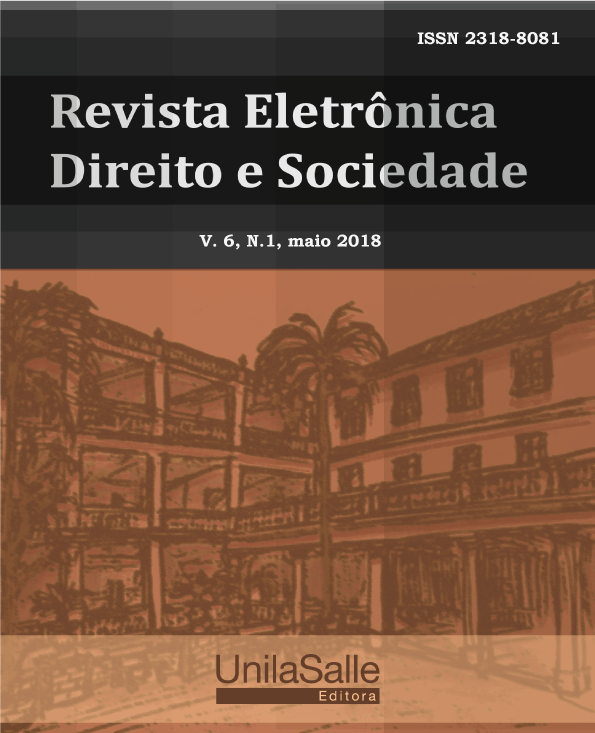Collation and Irresponsible Legislature: on Succession and Legal Certainty Hiccups
DOI:
https://doi.org/10.18316/redes.v6i1.4277Keywords:
Collation, Legal Certainty, Forced Succession.Abstract
Contemporary Brazilian Civil Law undergoes a moment of holistic metamorphoses. Amidst the turns dear to this vigorous context, traditional categories of Private Law are reconsidered, as to their grounds, dynamics and ends. This is however not the case of the Law of Successions, which has remained somewhat insulated. In spite of such a tendency towards closure, norms governing Succession must be called into question, especially in respect to collation, which synthetize aspects of each and every branch of Private Law. Legal texts that preside collation are, nonetheless, errant and utterly unsatisfactory, since not only the values pursued by legislators, in an authoritarian-paternalistic fashion, have fallen behind the main concerns of contemporary decision-makers and scholars, but also five subsequent Codes on either Civil or Procedural Law have dealt with it in surprisingly different ways. As a result, Brazilian Civil Law faces major legal certainty – both formal as substantial – issues, chiefly regarding the economic evaluation of assets subject to collation. This problem is severely aggravated by drafts currently under debate in the Legislature in respect to succession taxes, that resets discussions concerning succession planning, to which stability regarding collation is paramount. This article proposes a scrutiny of the rules and principles governing collation and calls into question the notorious problem of legal (un)certainty caused by the unstoppable legislative frenesi related to it.
Downloads
Published
Issue
Section
License
Authors who submit their manuscripts for publication in the “REDES” Magazine agree to the following terms:
The authors claim to be aware that they retain copyright by giving “REDES” the right to publish.
The authors declare to be aware that the work submitted will be licensed under the Creative Commons Non-Commercial Attribution License which allows article sharing with acknowledgment of authorship and publication in this journal.
The authors declare to be aware that by virtue of the articles published in this journal have free public access.
The authors declare, under the penalty of the law, that the text is unpublished and original and that they are aware that plagiarism has been identified, plagiarized authors will be informed - willingly, to take legal action in the civil and criminal sphere - and, plagiarists will have their access to the magazine blocked.
The authors state that - in case of co-authoring - all contributed significantly to the research.
Authors are obliged to provide retractions and (or) corrections of errors in case of detection.
The authors are obliged not to publish the text submitted to “REDES” in another electronic journal (or not).
The Electronic Journal Law and Society - REDES - is licensed under a Creative Commons License. Attribution-NonCommercial 4.0 International.Based on work available at "http://revistas.unilasalle.edu.br/index.php/redes/about/submissions#copyrightNotice".
Permissions in addition to those granted under this license may be available at http://creativecommons.org/.

